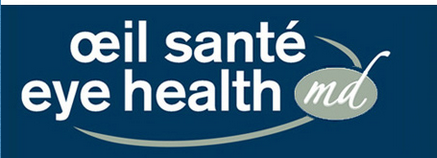World-Class Eye Care Treatment Centre: Eye Health MD is a leader in its area providing world-class eye care and treatment. We are an advanced eye care clinic offering specialty services for patients with serious eye conditions such as glaucoma, cataracts, macular degeneration, and other diseases requiring a specialist’s care.
With experienced physician specialists on staff, five treatment and examination rooms, our modern clinic is one of the largest and well equipped in the region.
Our primary focus is on advanced testing, treatment, and surgery for serious eye conditions. Our expert medical team is composed of accomplished board-certified ophthalmologists, specialists in the treatment of cataracts, macular degeneration, glaucoma, dry eyes, and other eye conditions. Many of our specialists are affiliated with Montreal’s major hospitals, as well as McGill University and the University of Montreal.
Location
Change Location
Change Location
HealthChoicesFirst will use the location you choose to identify the practitioners that are closest to you.
Please start with the first characters of your current Postal/Zip Code and select a location from the list that is displayed.
























Latest Health Talk Comment
Dr. Michael Kapusta
, Ophthalmologist, at Eye Health MD | Ophthalmology Clinic | Montreal in Montreal, QC commented on: Retinal detachment detected in a routine eye exam..